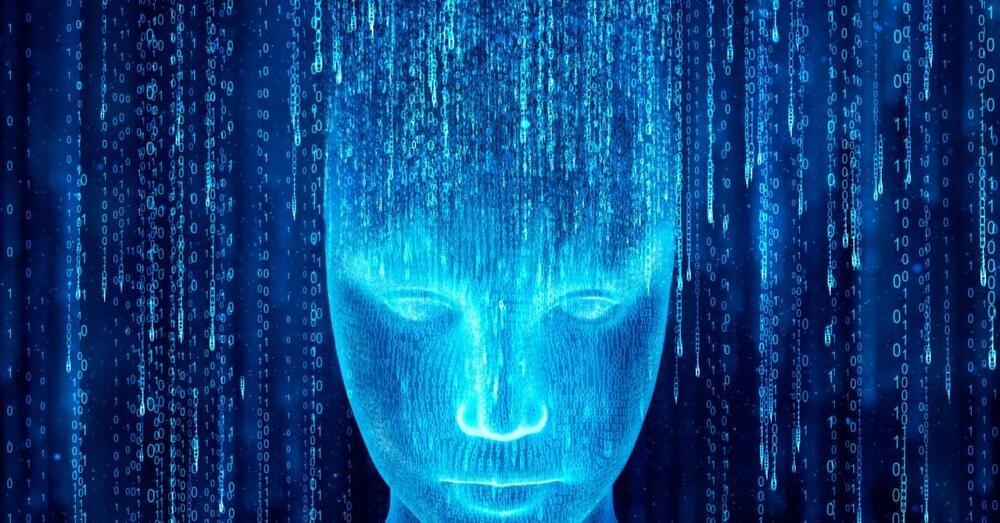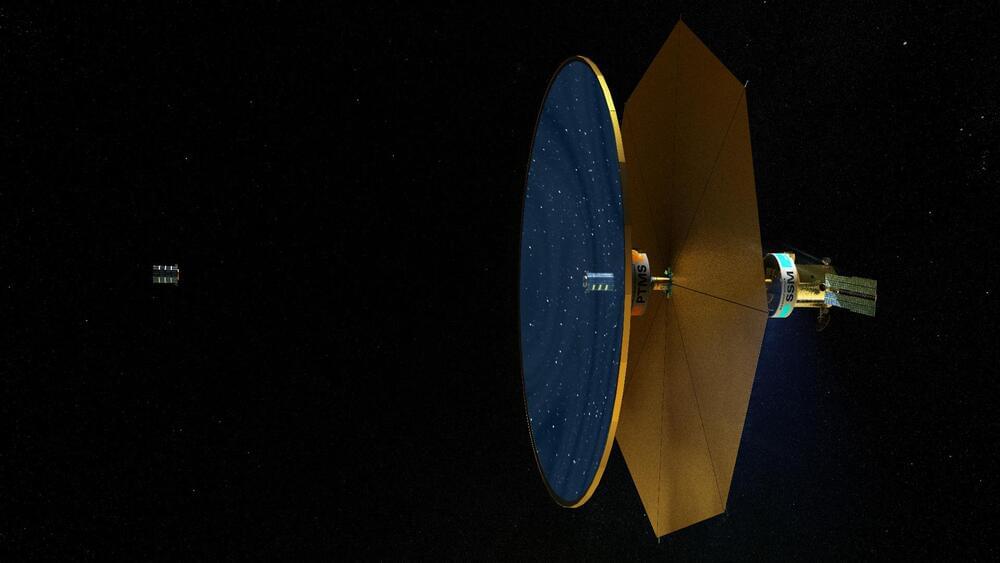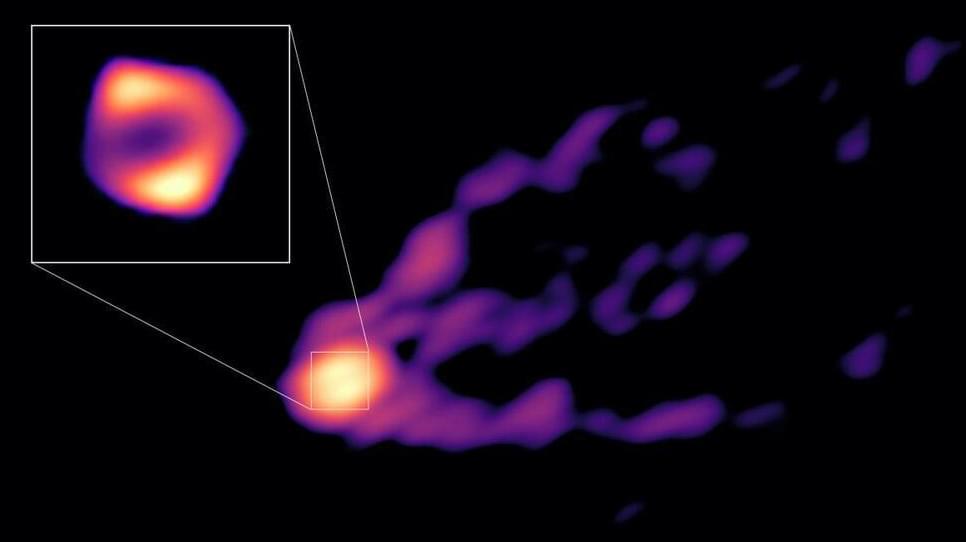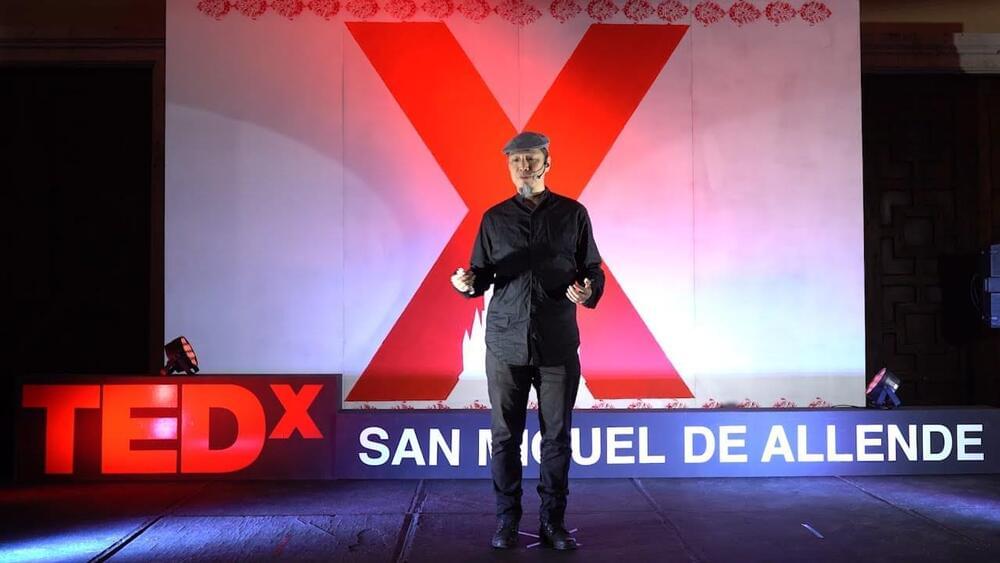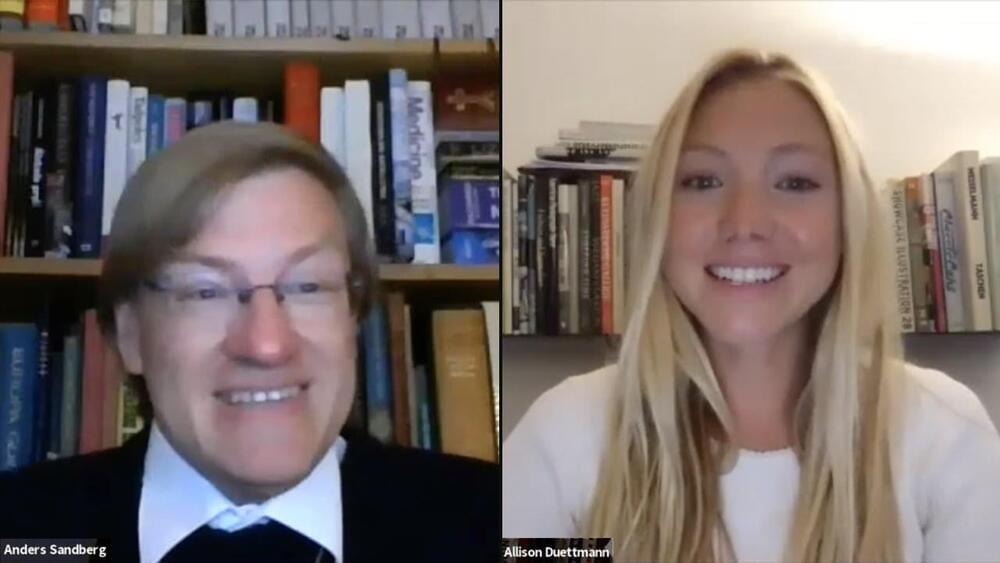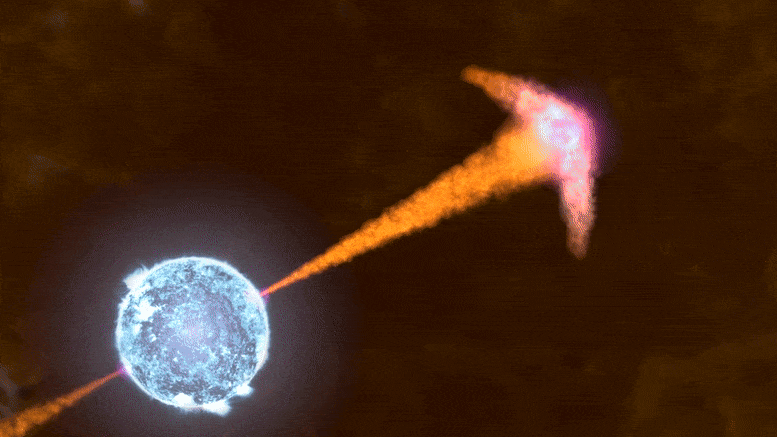Apr 30, 2023
The ‘Don’t Look Up’ Thinking That Could Doom Us With AI
Posted by Kelvin Dafiaghor in categories: asteroid/comet impacts, existential risks, robotics/AI
Suppose a large inbound asteroid were discovered, and we learned that half of all astronomers gave it at least 10% chance of causing human extinction, just as a similar asteroid exterminated the dinosaurs about 66 million years ago. Since we have such a long history of thinking about this threat and what to do about it, from scientific conferences to Hollywood blockbusters, you might expect humanity to shift into high gear with a deflection mission to steer it in a safer direction.
Sadly, I now feel that we’re living the movie “Don’t look up” for another existential threat: unaligned superintelligence. We may soon have to share our planet with more intelligent “minds” that care less about us than we cared about mammoths. A recent survey showed that half of AI researchers give AI at least 10% chance of causing human extinction. Since we have such a long history of thinking about this threat and what to do about it, from scientific conferences to Hollywood blockbusters, you might expect that humanity would shift into high gear with a mission to steer AI in a safer direction than out-of-control superintelligence. Think again: instead, the most influential responses have been a combination of denial, mockery, and resignation so darkly comical that it’s deserving of an Oscar.
Continue reading “The ‘Don’t Look Up’ Thinking That Could Doom Us With AI” »
